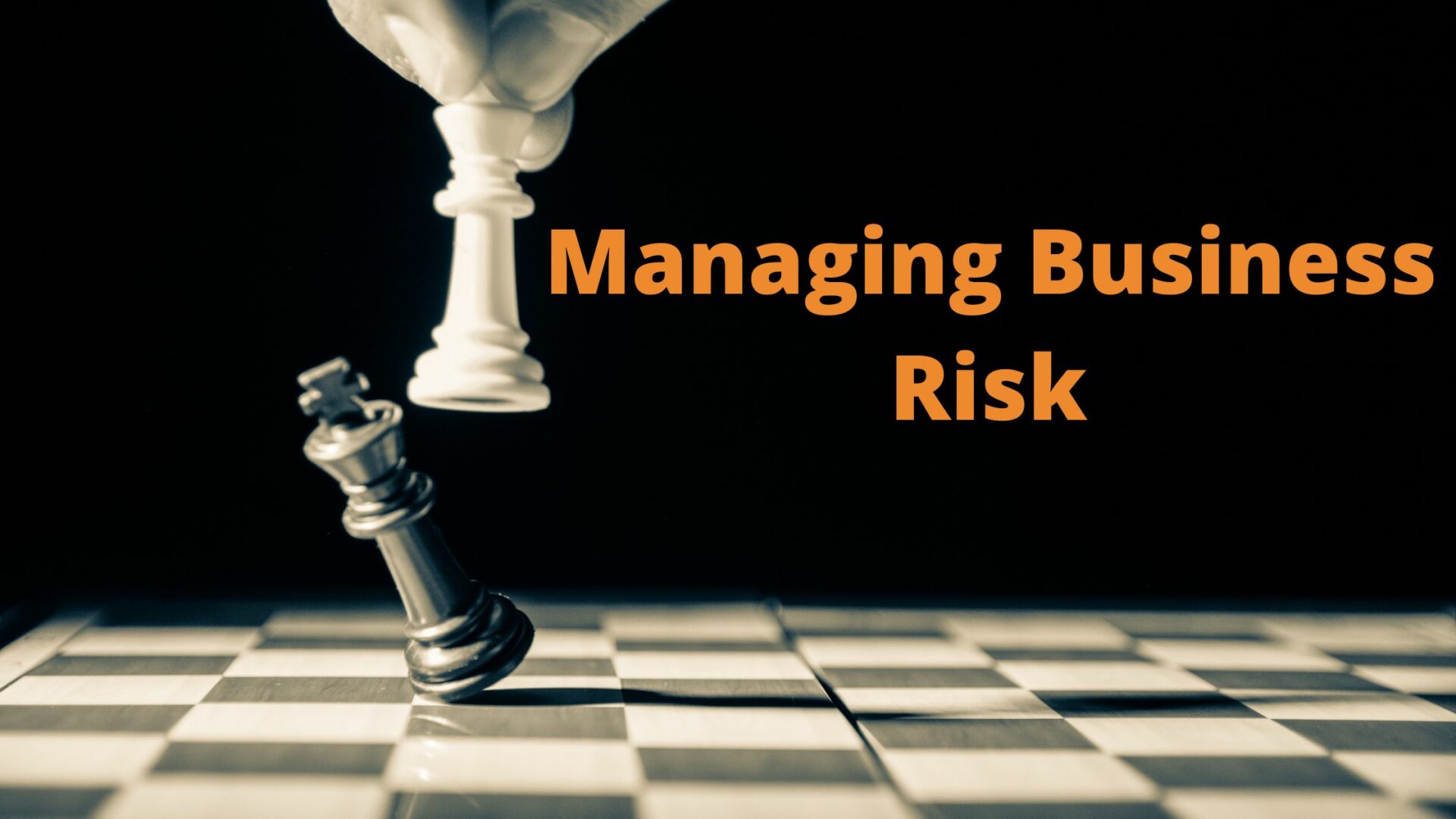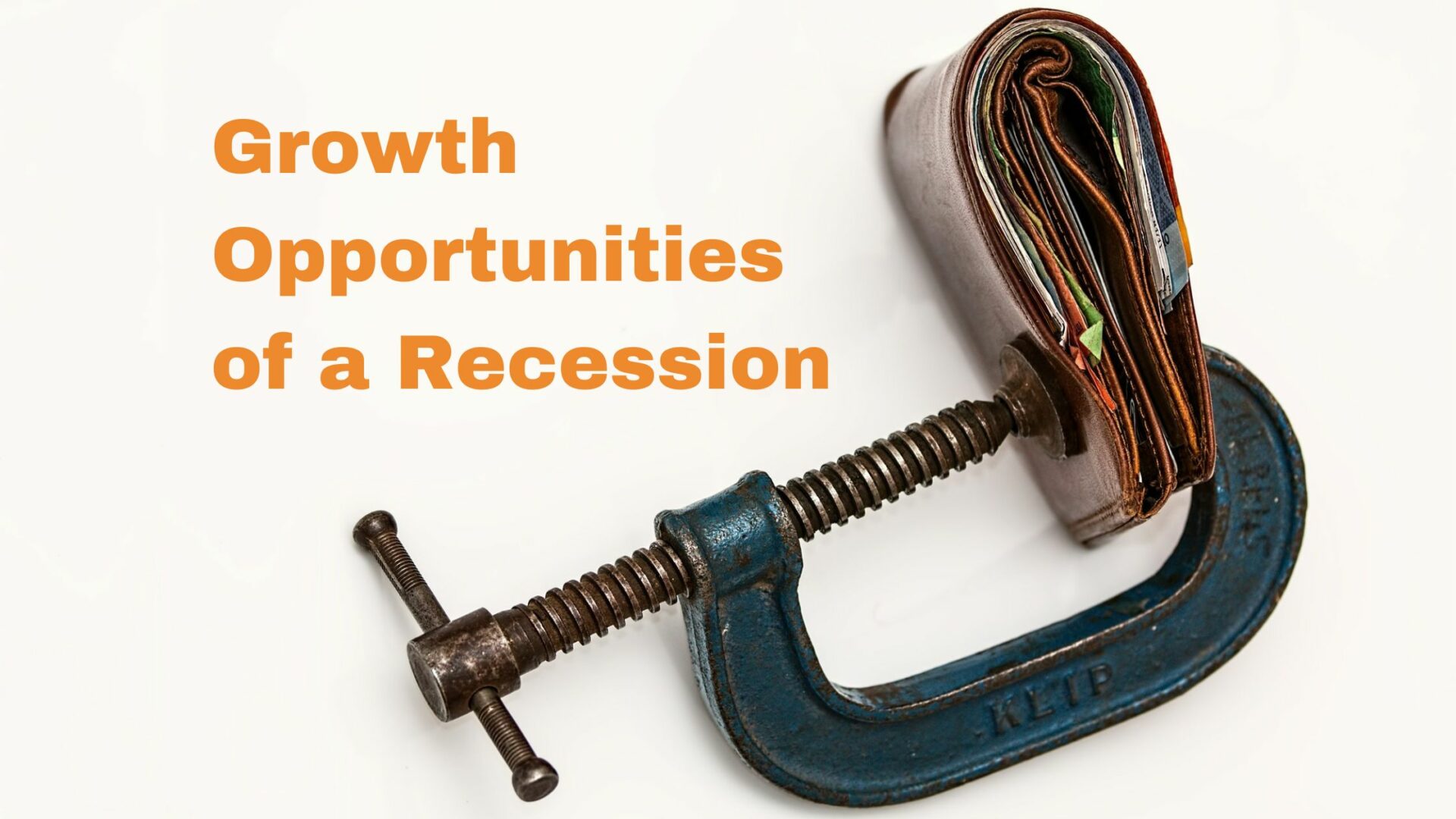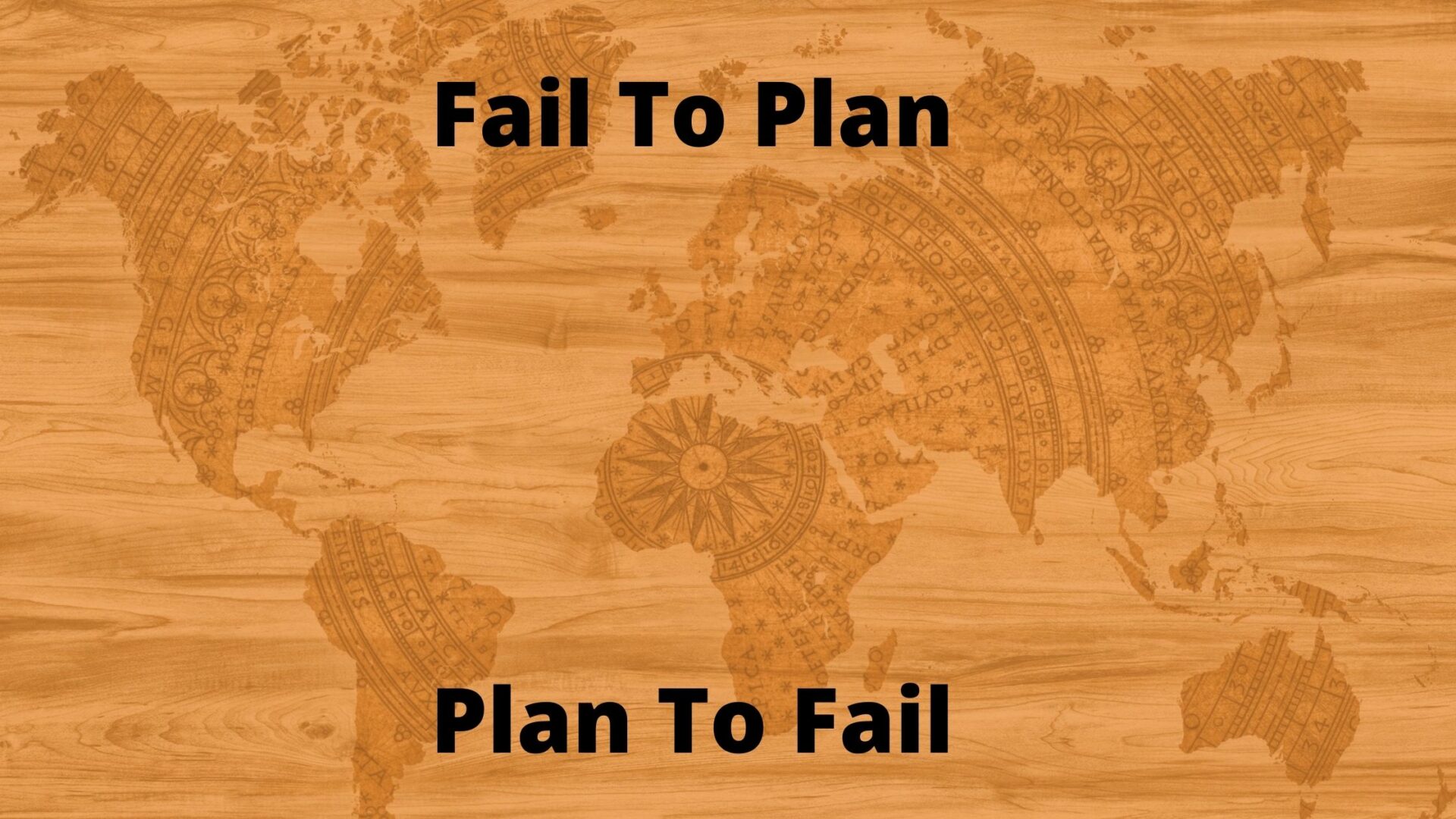In life, we position ourselves to gain an understanding of our identity. You might position yourself as a motivated athlete, a software geek, or a whimsical, fun-loving artist. It’s your niche, your brand, and your overarching theme of you.
It’s the same in business. Your position is what your brand is all about; the laser focus of who you are and why you’re important in the eyes of your customers. It’s the conversation that takes place before any marketing, and it can stand on its own as a USP.
Brand Position for your company is a strategic process that impacts your entire business model. In other words, it’s crucial. Understanding what you stand for and who you are – the very essence of why you’re doing this – is the key to unlocking success in a multitude of areas.
So, where do you start?
Brand Position: What is Your Business Famous For?
If your brand turned into a worldwide phenomenon overnight and everybody knew its name, what would it be famous for?
When you start a business, you often have a super sharp focus on what its purpose is. This vision is shared by all the founders and the first employees, creating a cohesive team that’s uber focused on the brand goals and building who you are whilst staying aligned with your position.
But as the business grows, new people join and you begin to try new ideas, and that focus can become a little blurred.
This is the point in growth when you need to assess your positioning, and it involves asking that question above with your team (what would you be famous for?). You should also discuss several decisions, including:
- Should we focus on diversifying distribution or products?
- What is our primary position? Should we position our brand around product, service, price, or market?
How Do You Choose Whether to Focus on Distribution or Products?
That first choice about focusing on product or distribution is a strategic one. Of course, you’ll do both naturally just to be operational, but you need to choose which you’ll focus on as you move forward.
A distribution company focuses on developing marketplace relationships, whilst a product company focuses on product research and development. Whichever you choose is going to inform your entire business model and drive your business growth.
Once you’ve secured your priority focus, you can then decide whether you want to narrow in on market, service, product, or price. Let’s look at this in more detail.
What Characterises a Market Focused Business?
A market (who you serve) focused brand strongly identifies with a market category, is strong at building markets, or is a company with partners who have a strong sense of belonging to the same market.
Saga is a brilliant example of a market-focused company. Their business model is entirely based on the needs of one set demographic, and everything they do is focused on this. They’ve chosen to become a product-based business in this market (P2/P3/P4 etc.). They began with just one hotel and now have expanded into financial services and become a media business, but they’ve done it all in the same market.
What is a Service Focused Business?
If you follow the service focused route (how customers experience your brand and what you do), you’ll provide a lot of extras to your target customers. You’ll have an overriding service ethic rather than a steadfast sales approach, and you’ll be focusing on keeping your customers happy and looked after.
Rather than being famous for what you do, you’re famous for how you do it.
A lot of airlines choose this route. As an airline, you’re getting someone from A to B in a plane, in just the same way as every other competitor brand. But by becoming a service-focused brand, you create a USP in how you treat your customers when they fly with you.
Becoming service-focused will change your entire business strategy, highlighting where you need to invest and your priorities.
What About a Product-Focused Business?
Product-based brands tend to have a product that’s got a more significant presence than the company itself. It’s usually innovative when it first hits the market with little or no competitors, and there’s been a lot of investment in the research and development stage.
Once a product-based brand launches its product, you’ll start to see a lot of others pop up in the same or similar markets.
Coca Cola is a prime example of a brand with very clear product positioning. They guard their original recipe whilst outsourcing distribution and client relationships, spending most of their time focusing primarily on their product.
What Makes a Price Focused Business Different?
A price-focused business tends to focus on providing great value for money. They want people to choose them because of their price-point and not consider other factors.
To do this, the business does need a robust supply chain and business model. But, it is definitely a no-frills strategy.
This is another tactic used by airlines. Those who aren’t service focused are usually price-focused, enticing people to fly with them for their super cheap rates. After all, if all the airlines are getting you from A to B, why not go with the cheapest option to get there?
Of course, it’s not just cheap price points in this model. Designer brands are often price-focused too, but their prices are on the opposite end of the spectrum.
Should You Consider the Competition?
Knowing which positions competitors in your market are taking is vital when positioning yourself. If an area is oversaturated, it’s going to be a lot harder to break into!
Luckily, you can use a simple grid to help you keep track of this. The grid should help you track your competitors in relation to your brand and highlight any gaps in the market that you could fill.
Those little gaps can be goldmines when used correctly. VW, for example, took advantage of one in the 1950s. When all other car manufacturers were making flashy, huge cars that were designed to be anything but discreet, VW made the Beetle with the tagline “think small”. They captured an entirely overlooked area of the market and, as a result, saw huge success.
But, Why Is Brand Position So Important?
We’ve talked a lot about how you can position your brand, but what about the why?
A clear brand position is an incredibly powerful tool. When you’ve identified your place in the market, your customers understand it, and your staff live it, that’s when you’re going to see incredible profits and growth (take a look at Apple for an obvious example)
Positioning creates customer loyalty, brand integrity, and a business that’s driven by a single shared idea. It’s not only powerful; it’s crucial if you want to see your brand grow.
If you’re looking to position your business but aren’t sure how to go about it, get in touch with our growth consultants. We can help you find exactly where your brand should be and use that to propel you forward.





